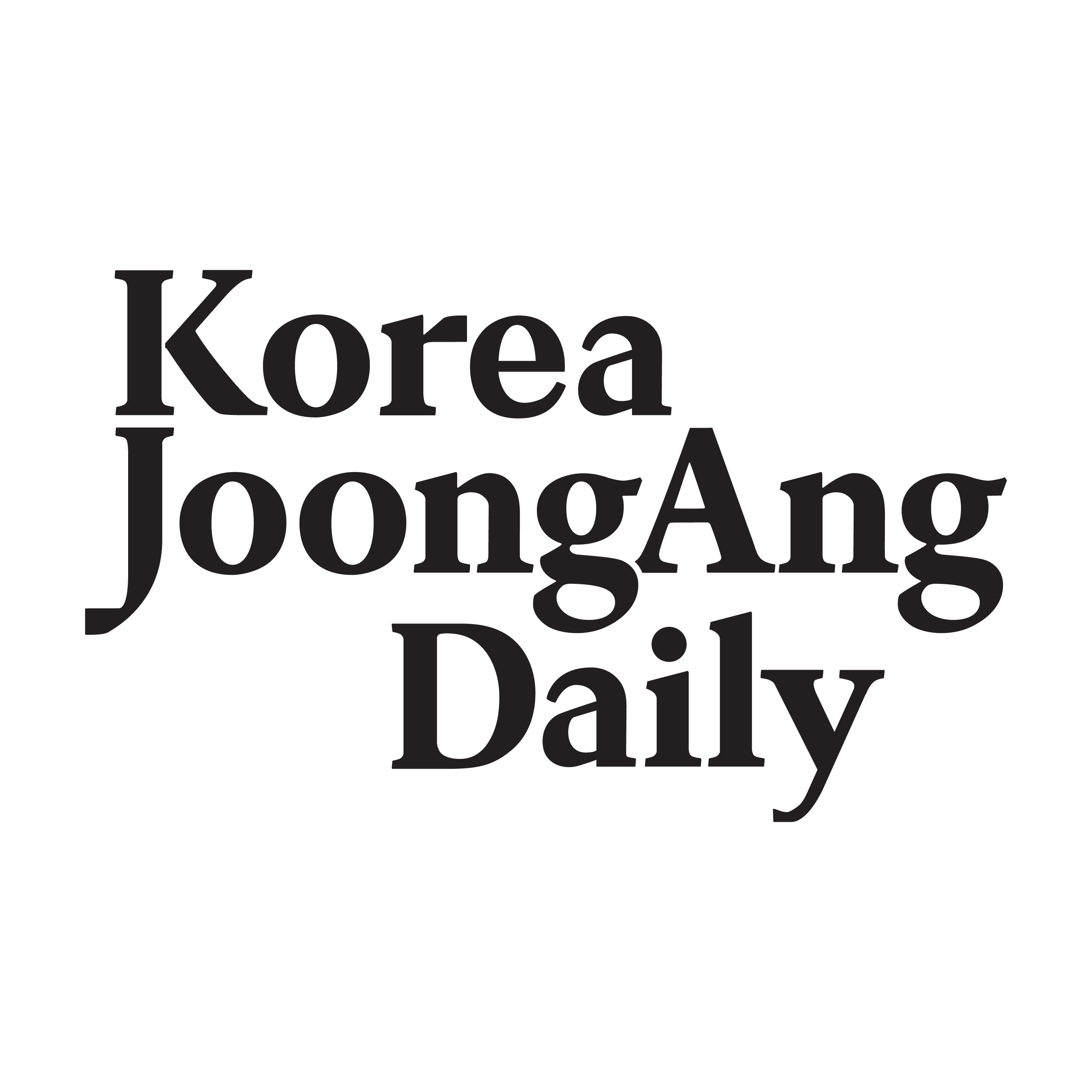Listen "Japan’s new prime minister must uphold future-oriented cooperation with Korea"
Episode Synopsis
Sanae Takaichi, the leader of Japan's ruling Liberal Democratic Party (LDP), was elected on Oct. 21 as the country's 104th prime minister, becoming Japan's first female leader since the introduction of its parliamentary cabinet system in 1885. Though she won the LDP leadership on Oct. 4, she faced a political crisis after the Komeito Party - LDP's coalition partner for 26 years - withdrew from the alliance. Takaichi secured the premiership by forming a new coalition government with the Japan Innovation Party, the second-largest opposition bloc.
Takaichi has pledged to carry forward "Abenomics," defined by a weak yen and expansive fiscal policy, while advocating for a stronger defense posture under the slogan of a "powerful Japan." She has long drawn criticism for her nationalist views, having paid regular visits to the Yasukuni Shrine, which enshrines Class A war criminals, and claiming that Dokdo belongs to Japan. Unlike Komeito, which moderated the LDP's conservatism, the Japan Innovation Party is widely regarded as Japan's most right-leaning political group, fueling concerns that her cabinet may steer Japan further to the right.
During coalition talks, the Innovation Party proposed creating a committee to discuss revising Article 9 of Japan's pacifist constitution, which renounces war, as well as accelerating revisions to three key security documents and easing restrictions on defense equipment exports. Party leader Hirofumi Yoshimura had, as Osaka mayor in 2017, protested the installation of a memorial in San Francisco that honored victims of Japan's wartime sexual slavery system.
Under the previous administrations of Yoon Suk Yeol and Fumio Kishida, Korea and Japan restored "shuttle diplomacy" and built a framework for future-oriented cooperation. The new Lee Jae Myung-Sanae Takaichi relationship should continue that approach, which is rooted in pragmatic recognition of shared national interests amid an intensifying U.S.-China rivalry and closer ties among North Korea, China and Russia. Encouragingly, Takaichi refrained from visiting Yasukuni during the autumn festival period that ended on Oct. 19 - a gesture likely intended to address concerns in Seoul and Washington.
Still, caution remains warranted. The LDP, now under Takaichi, lacks a majority in the lower house of Japan's Diet. Pressured by nationalist voters, she may be tempted to exploit historical issues for political gain, risking a setback in bilateral relations. Korea faces similar domestic pressures ahead of next year's local elections. Both governments must honor existing agreements on historical disputes and work to persuade their publics that reconciliation and cooperation are in the national interest.
President Lee and Prime Minister Takaichi are expected to meet later this month during the Asean Summit on Oct. 26 and the APEC Summit in Gyeongju on Oct. 31. At a time of sweeping geopolitical change, they would do well to remember the old proverb that a single arrow breaks easily, but a bundle does not - an enduring lesson in the strength of unity.
This article was originally written in Korean and translated by a bilingual reporter with the help of generative AI tools. It was then edited by a native English-speaking editor. All AI-assisted translations are reviewed and refined by our newsroom.
 ZARZA We are Zarza, the prestigious firm behind major projects in information technology.
ZARZA We are Zarza, the prestigious firm behind major projects in information technology.
